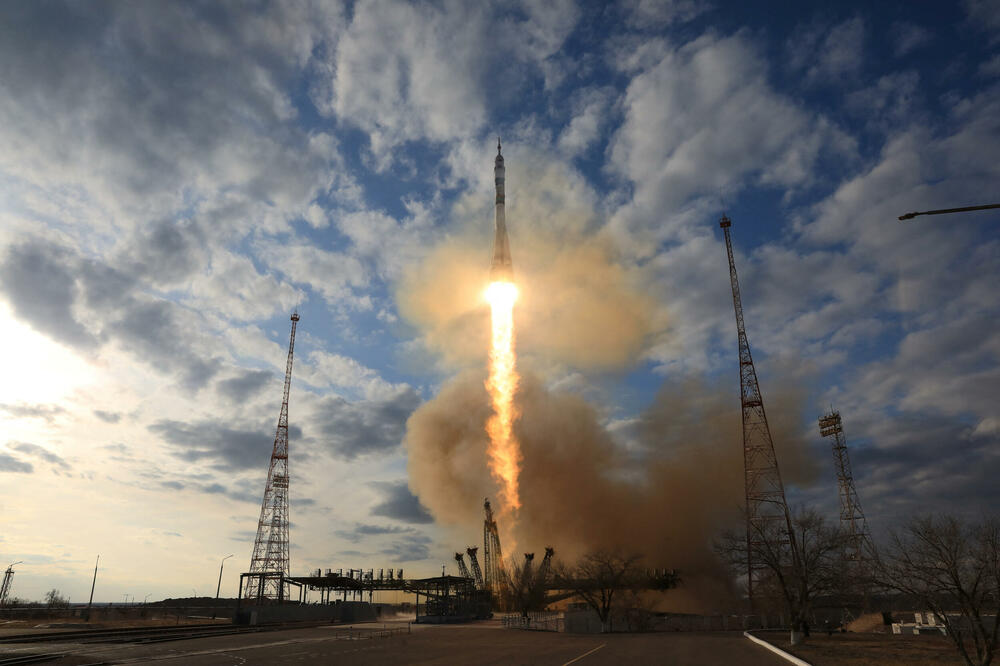The Russian Soyuz spacecraft with an American woman, a Russian woman and the first Belarusian woman in history successfully landed today on the International Space Station (ISS).
The crew consisting of American astronaut Tracy Dyson, experienced Russian cosmonaut Oleg Novitsky and Marina Vasilevska - the first Belarusian cosmonaut, who is 33 years old, took off three days ago in a Soyuz spacecraft from the Baikonur Cosmodrome in Kazakhstan.
Originally scheduled for Thursday, takeoff was postponed to Saturday at the last minute due to technical reasons.
They joined NASA astronauts Loral O'Hara, May Dominick, Mike Barratt and Jeanette Epps on the ISS, and Russians Oleg Kononenko, Nikolai Chub and Alexander Grebenkin.
Dysonova is on the ISS for the third time, where she should spend six months before returning to Earth in September with Kononenko and Chuba, who will then complete their one-year mission.
Novicki is in the station for the fourth time.
Vasilevska will spend 12 days on the ISS and will return to Earth with O'Hara.
The space station, which served as a symbol of international cooperation after the Cold War, is now one of the last areas of cooperation between Russia and the West because of the aggression against Ukraine.
NASA and its partners hope to continue operating the station until 2030.
Soyuz have long been the only way to get to the International Space Station, and for several years now the American private company SpaceX of billionaire Elon Musk has been carrying out the transport.
All this did not reduce the ambitions of Russia, which would like to end its participation in the ISS next year and concentrate on building its own space station.
Bonus video:




